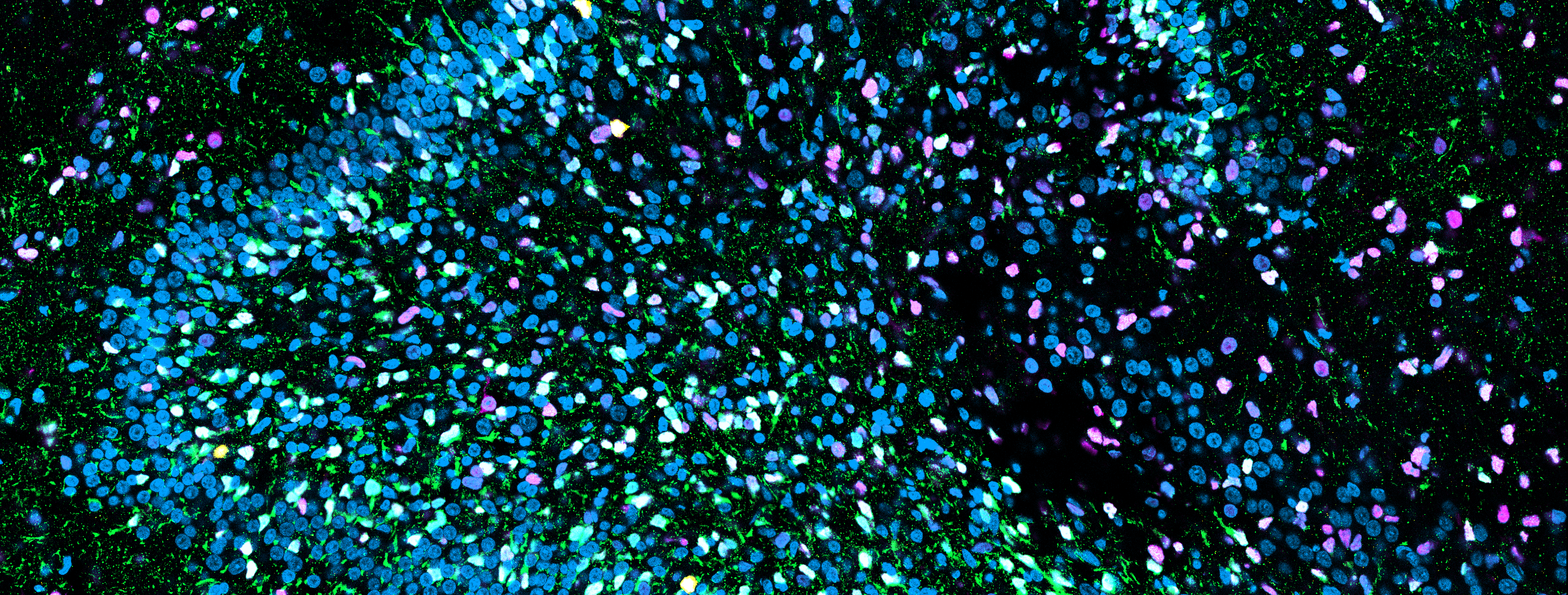Speaker
Description
Myelination is essential for neuronal conductivity and brain function, yet the molecular mechanisms regulating this process remain unclear, limiting therapeutic advancements for demyelinating disorders. Our study aims to investigate the role of the WW domain-containing oxidoreductase (WWOX) gene in CNS myelination. We previously showed that murine Wwox deletion leads to hypomyelination and decreased mature oligodendrocyte numbers. Here, we examine how WWOX functions in oligodendrocyte progenitor cells (OPCs) as a key regulator of their differentiation and myelination. Using human embryonic stem cells (hESCs), we previously demonstrated that WWOX depletion disrupts the generation of mature oligodendrocytes (mOLs) in an oligocortical spheroid model, underscoring its crucial role in OPC differentiation. To further explore this, we generated an Olig2-Cre mouse model to delete Wwox specifically in OPCs. Our findings reveal that WWOX deficiency impairs OPC differentiation, leading to defective myelination and hindered remyelination following cuprizone-induced demyelination. Furthermore, single-nucleus RNA sequencing of the corpus callosum from wild-type and OPC-specific Wwox knockout mice identified novel WWOX-regulated effectors involved in OPC differentiation and proliferation during remyelination. Extending our findings to human pathology, we analyzed single-cell RNA sequencing data from chronic demyelinated lesions in multiple sclerosis (MS) patients and detected reduced WWOX expression in both oligodendrocytes and neurons. By integrating in vivo and in vitro models with transcriptomic analysis, our study provides new insights into WWOX’s pivotal role in CNS myelination and remyelination. These findings bridge a critical knowledge gap and highlight potential molecular targets for therapeutic strategies aimed at enhancing neural repair and promoting functional recovery in demyelinating disorders.
| Author(s) | Baraa Abudiab*, Carlo Manenti, Srinivas Repudi, Sara Abu-Swai, Takwa Jbara, Jose Davila-Velderrain, Rami.I. Aqeilan1 |
|---|---|
| Affiliation(s) | Hebrew University of Jerusalem, The Lautenberg Center for Immunology and Cancer Research, Jerusalem, Israel, Human Technopole, Milan, Italy, Institute for Stem Cell Science and Regenerative Medicine, Bangalore, India, Hebrew University of Jerusalem, The Lautenberg Center for Immunology and Cancer Research, Jerusalem, Israel, Hebrew University of Jerusalem, The Lautenberg Center for Immunology and Cancer Research, Jerusalem, Israel, Human Technopole, Milan, Italy, Hebrew University of Jerusalem, The Lautenberg Center for Immunology and Cancer Research, Jerusalem, Israel. |

